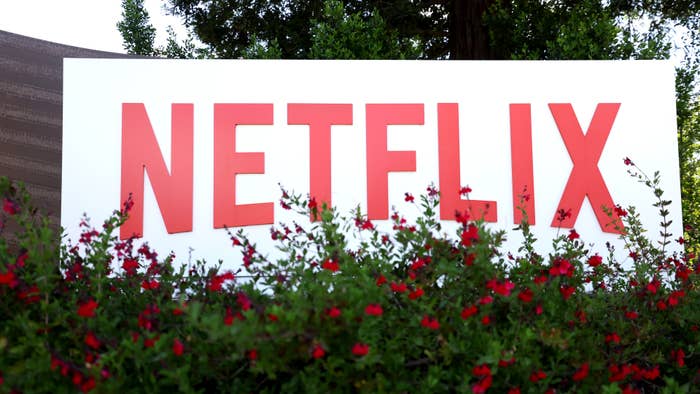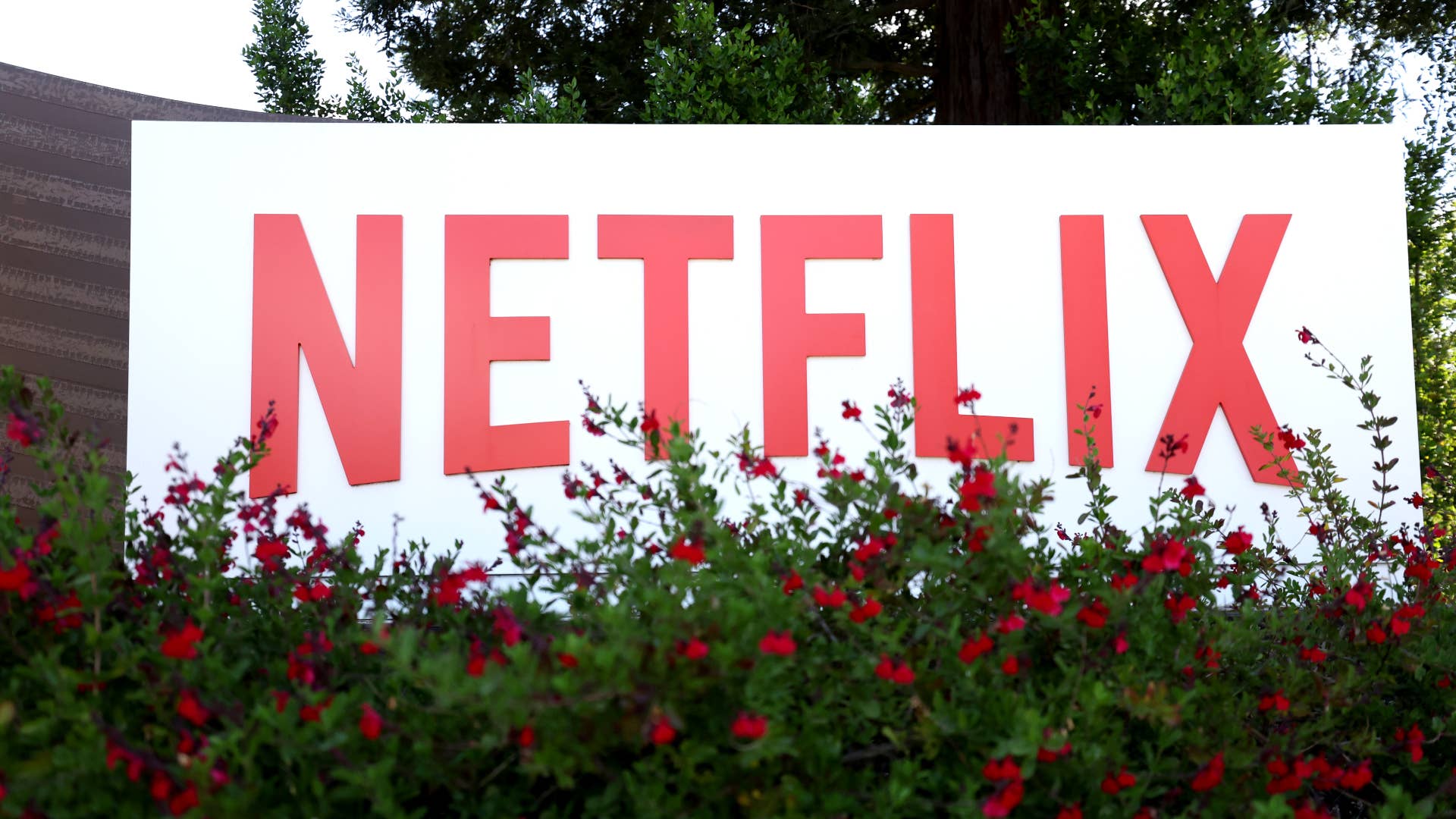
Netflix is giving a new feature a try that will charge users who want to “add a home” to their account, i.e. share their password.
In a statement shared Monday, Chengyi Long—Netflix’s Director of Growth Product Innovation—said “widespread account sharing” has the potential to hinder the company’s long-term goals.
“Over the last 15 years, we’ve worked hard to build a streaming service that’s easy to use, including for people who travel or live together,” the statement read. “It’s great that our members love Netflix movies and TV shows so much they want to share them more broadly. But today’s widespread account sharing between households undermines our long term ability to invest in and improve our service.”
The “Add a Home” feature will launch next month in Argentina, the Dominican Republic, El Salvador, Guatemala, and Honduras. According to the streamer, users there can expect to purchase password access for “additional homes” by paying an additional fee per month. For example, in El Salvador, this fee would be applied at a rate of $2.99 per month per home.
While Basic Plan subscribers are only allowed to add a single extra home, those on the Standard and Premium plans can add up to two and up to three, respectively.
It’s not currently clear when, or if, this exact feature will be rolled out here in the U.S. In Monday’s statement, notably, Netflix said similar changes will not be made in other regions “until we better understand what’s easiest for our members.”
As previously reported, a similar feature—known as “Add Extra Member”—was launched in Chile, Costa Rica, and Peru earlier this year as part of what Netflix has described as its careful exploration of monetizing the sharing of passwords.

